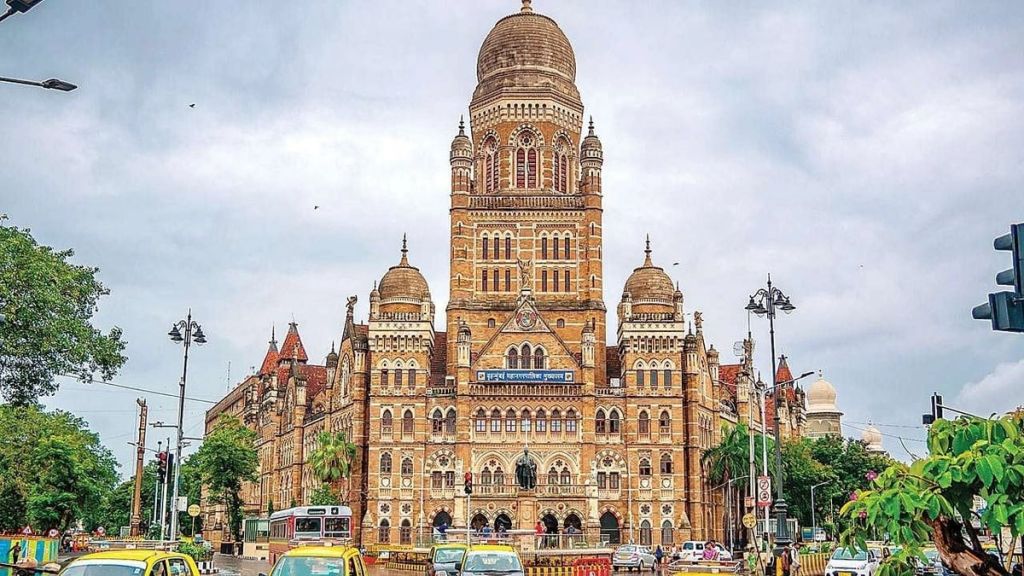
On Monday, the BMC issued new guidelines to tackle construction and road dust and improve air quality in Mumbai. To address the city's worsening air quality, the civic body has instructed all Assistant Engineers (AE) in the Solid Waste Management (SWM) Department to enforce these measures in their respective wards. The BMC has also warned that strict disciplinary actions will be taken against officers who fail to implement the guidelines and control dust pollution effectively.
The city’s air quality has been on a steady decline in recent weeks, exacerbated by factors such as ongoing construction projects, roadwork, and unregulated dust emissions. The BMC had already directed all 24 administrative wards to ensure compliance with 29 specific guidelines aimed at mitigating dust pollution at construction sites. Additionally, all AEs in the SWM department are now tasked with conducting regular inspections of roads and construction sites, maintaining detailed daily records of actions taken in their respective wards. These measures are set to be implemented across all civic wards starting from Tuesday. In addition to these guidelines, the BMC has rolled out a comprehensive set of measures to tackle the dust pollution crisis.
Extensive mechanical power sweeping machines will be deployed to regularly clean and collect dust from both major and minor roads throughout the city. Water sprinklers will be strategically placed, especially in high-traffic zones and areas prone to dust accumulation, to keep the streets clean and minimize dust particles in the air. To ensure compliance, frequent inspections of roadwork and construction activities will be carried out using advanced nuisance detectors and clean-up marshals. Contractors are now under strict instructions to immediately clear dust, debris, and waste materials from construction sites and roads. Furthermore, water will be regularly sprinkled on stacked materials or open construction surfaces to prevent dust from becoming airborne.
The AEs (SWM) will play a critical role in ensuring these measures are rigorously followed and enforced in their respective wards. They are also tasked with promoting the Debris-On-Call Service to facilitate efficient and timely debris collection and disposal. AEs will closely monitor debris disposal operations to prevent unauthorised dumping and ensure all vehicles transporting construction materials have the necessary permissions and adhere to safety protocols. Immediate action will be taken against any vehicle found carrying unauthorised or uncovered debris. The BMC has reinforced its ban on burning waste within its jurisdiction, which will be strictly enforced by nuisance detectors and clean-up marshals. AEs will have to submit a weekly report on inspections, actions, and improvements to the chief engineer (SWM) and deputy municipal commissioner (SWM) to ensure transparency and accountability